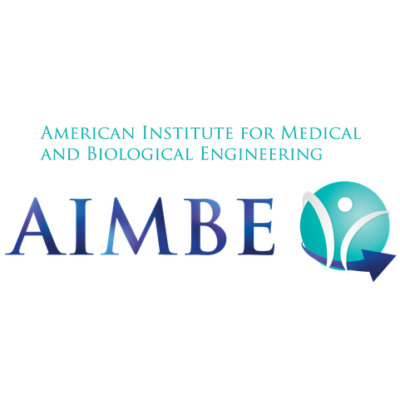AIMBE Public Policy Institute broadens views on science policy careers

Graduate students Benjamin Albert, Jason Chang and Matt Whitman (Biomedical Engineering) attended the AIMBE Public Policy Institute in Washington DC on October 30-31, 2017. Cornell BEST subsidized their registration and travel costs, and ASAP (Advancing Science And Policy) facilitated contacts for them to get a tour of NPR, to round up an enriching and learning experience. We share their comments and feedback below:
“The AIMBE Public Policy Institute had a strong focus on current policies in governmental agencies relating to the current state of the medical field. Speakers represented fields ranging from non-profit organizations, to government agencies, to industry. It was very enlightening to hear the different perspectives that the people with such varied backgrounds bring to the field of public policy. Some of the most important things I was able to glean from the institute was how interconnected governmental agencies are when it comes to funding for scientific pursuits. I was also able to learn many new things about certain agencies that I hadn’t given much thought to in the past. One such agency is the National Institute of Standards and Technology (NIST). Learning about NIST’s pursuits opened my eyes to the possibility of considering a career path that would involve the pursuit for more reproducible and standardized practices in scientific research.
Overall, I think that the institute was very good for introducing topics in scientific public policy and how companies and governmental agencies interact and influence these policies. I would recommend this conference for students who are interested in gaining a broad understanding of the development of public policy in science and who are interested in hearing specific perspectives from within a variety of organizations.”–Benjamin Albert
“The AIMBE Public Policy Institute for Rising Leaders featured speakers from various federal regulatory agencies, including the Food and Drug Administration (FDA) and the National Institute of Health (NIH), non-profit organizations, and the medical device industry. Over the two days of the conference, the event emphasized the integral role of evidence-based policy in shaping biomedical innovation and initiatives. Given the current political atmosphere and increasing need for biomedical research, we learned about the existing regulatory science framework and how policy developed by numerous stakeholders drives public health legislation and research funding.
As a first-year PhD student in Biomedical Engineering, I am grateful to have had this opportunity at such an early stage in my training. For example, I listened to Dr. Susan Wood, Director of the Jacobs Institute of Women’s Health Services at The George Washington University and previous Assistant Commissioner for Women’s Health at the FDA, describe the political barriers within Capitol Hill that continue to work against the fight for women’s health. I then listened to Sue Nelson, Vice President for Federal Advocacy at the American Heart Association, overview the recent progress of major healthcare legislation, particularly the Affordable Care Act (ACA), and discuss upcoming challenges in the 115th Congress facing patient-centered care. These talks greatly broadened my understanding of science policy, which, prior to this event, was limited to legislative affairs.More importantly, I was reminded of big picture policy issues beyond the need to translate my research into clinical outcomes – without rigorous science and strong science policy supporting our research, the long-term impact of our findings on society can be hindered.
Outside of the conference, I also had the opportunity to take a private tour of National Public Radio (NPR) through connections made through the Advancing Science And Policy (ASAP) group at Cornell! Thank you again to the BEST program for providing the support for me to experience this opportunity. I look forward to learning more about science policy and hope to bring what I learned from the AIMBE Public Policy Institute for Rising Leaders to better engage the Cornell scientific community.”–Jason Chang
“At the Public Policy Institute, I was able to learn from and interact with professionals working in public policy, health policy, and biomedical science-related science policy from the federal government, industry, and NGOs. I learned about possible career paths from program directors at the FDA, NIH, NIST, and outside of government. I also learned about the current status of science policy in the US and important policy on the horizon and its potential impact on funding for and accessibility to science. Additionally, I networked with other students and early career professionals who are also interested in science policy. While it was not the focus of the institute, I also learned a lot about how to communicate science to a broad audience and make it accessible and interesting.”–Matt Whitman
This spotlight is from the time period of the NIH grant (Sept. 2013- Jun. 2019) to the Cornell BEST Program which is now housed in the Graduate School as a university-wide initiative “Careers Beyond Academia” encompassing all disciplines.


